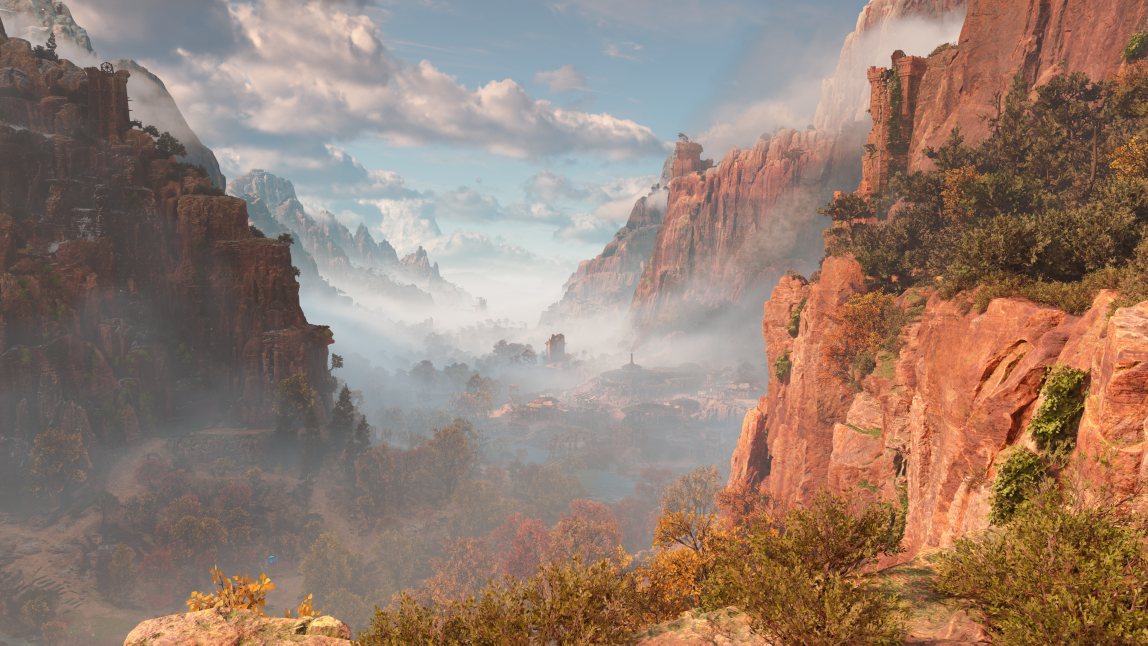
Q&A with Lucas Bolt: From BUas graduate to World Art Supervisor at Guerrilla Games
11/15/2024 - 15:20
Meet Lucas Bolt, a BUas alumnus who studied International Game Architecture and Design (IGAD, now CMGT) from 2010 to 2014, focusing on Visual Arts. He has gone on to work on some of the most celebrated games in the industry, including Horizon Zero Dawn and Horizon Forbidden West, and now works as a World Art Supervisor at Guerrilla Games. We sat down with Lucas to hear about his journey, his experiences at BUas, and his insights into the ever-evolving world of game development.